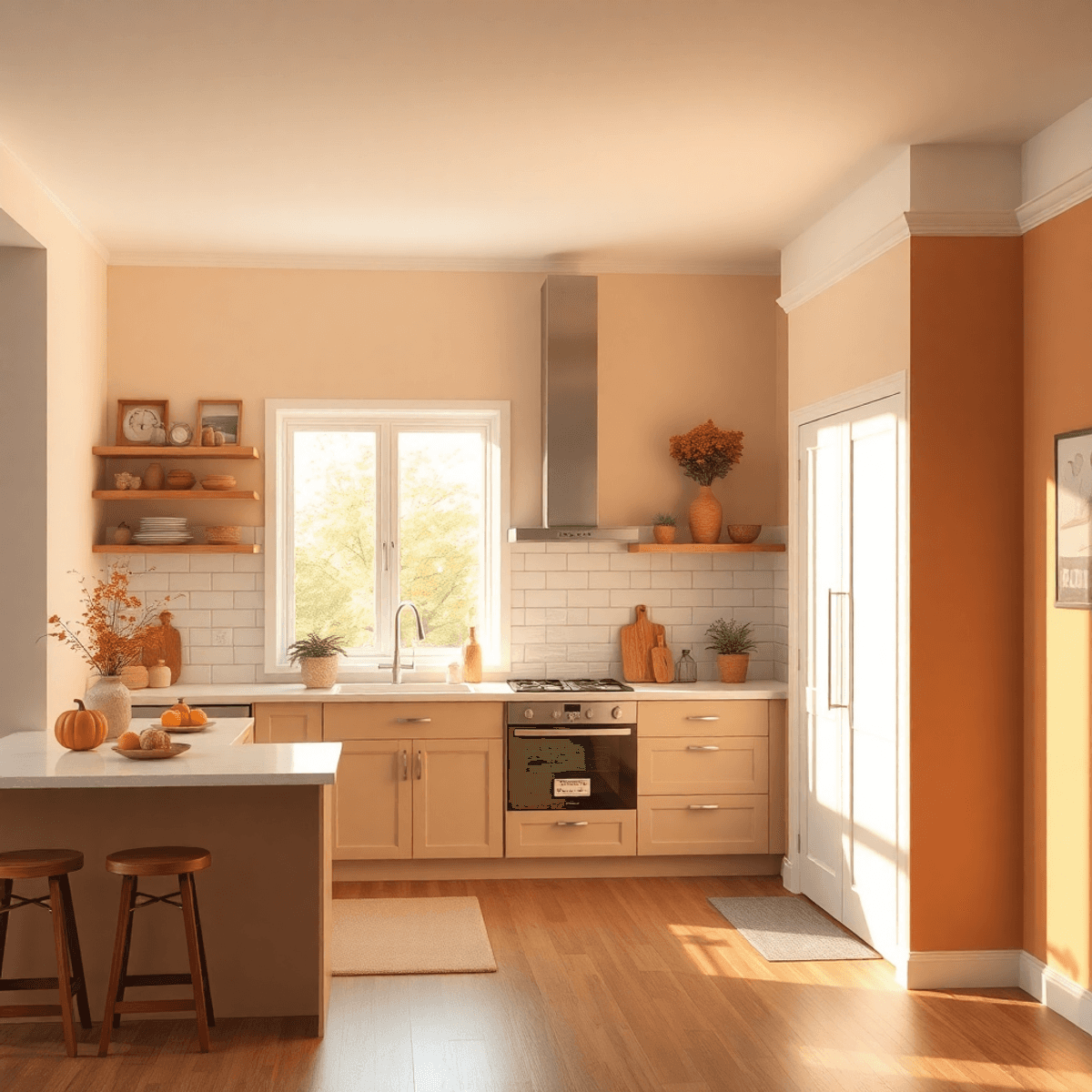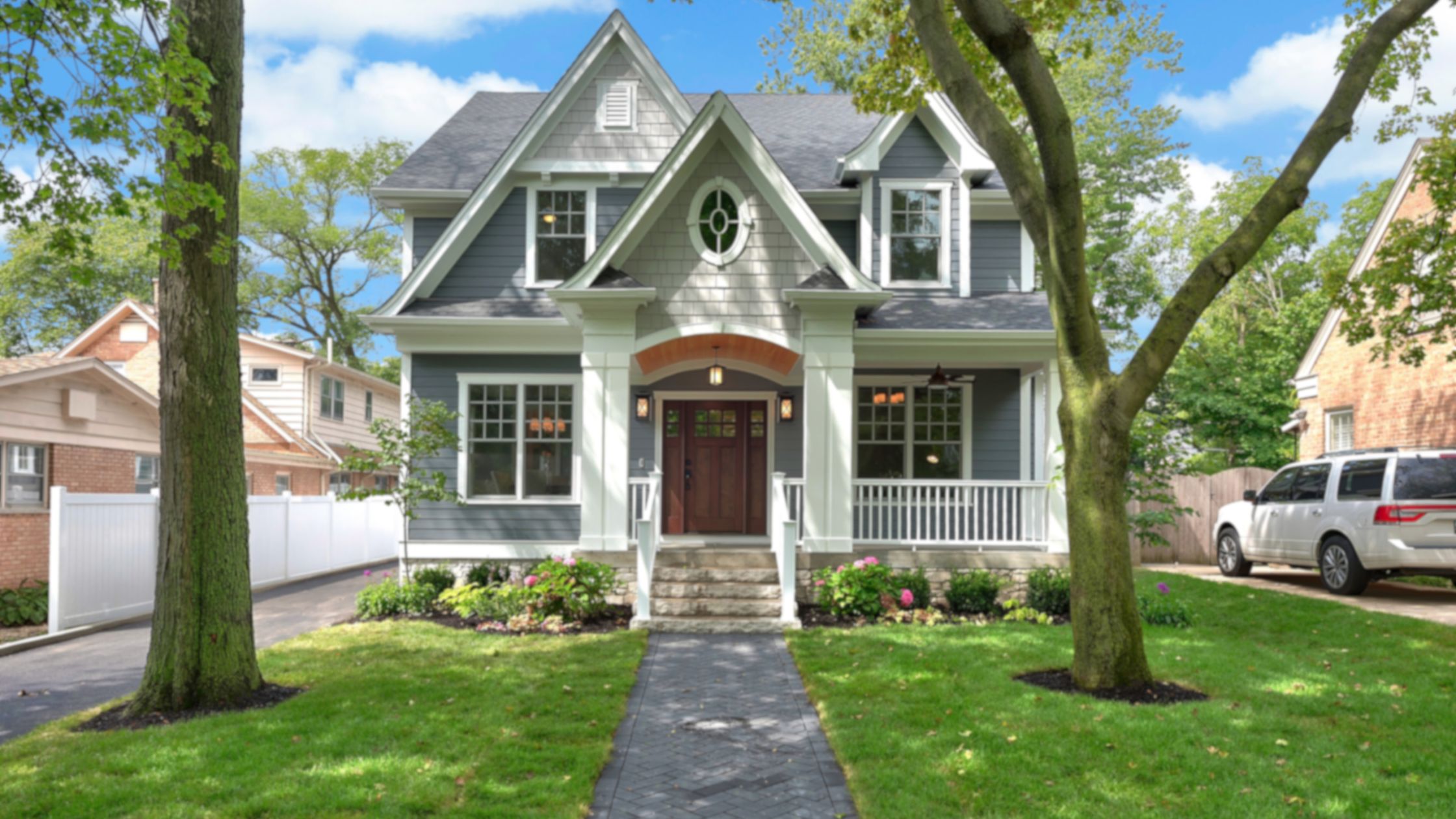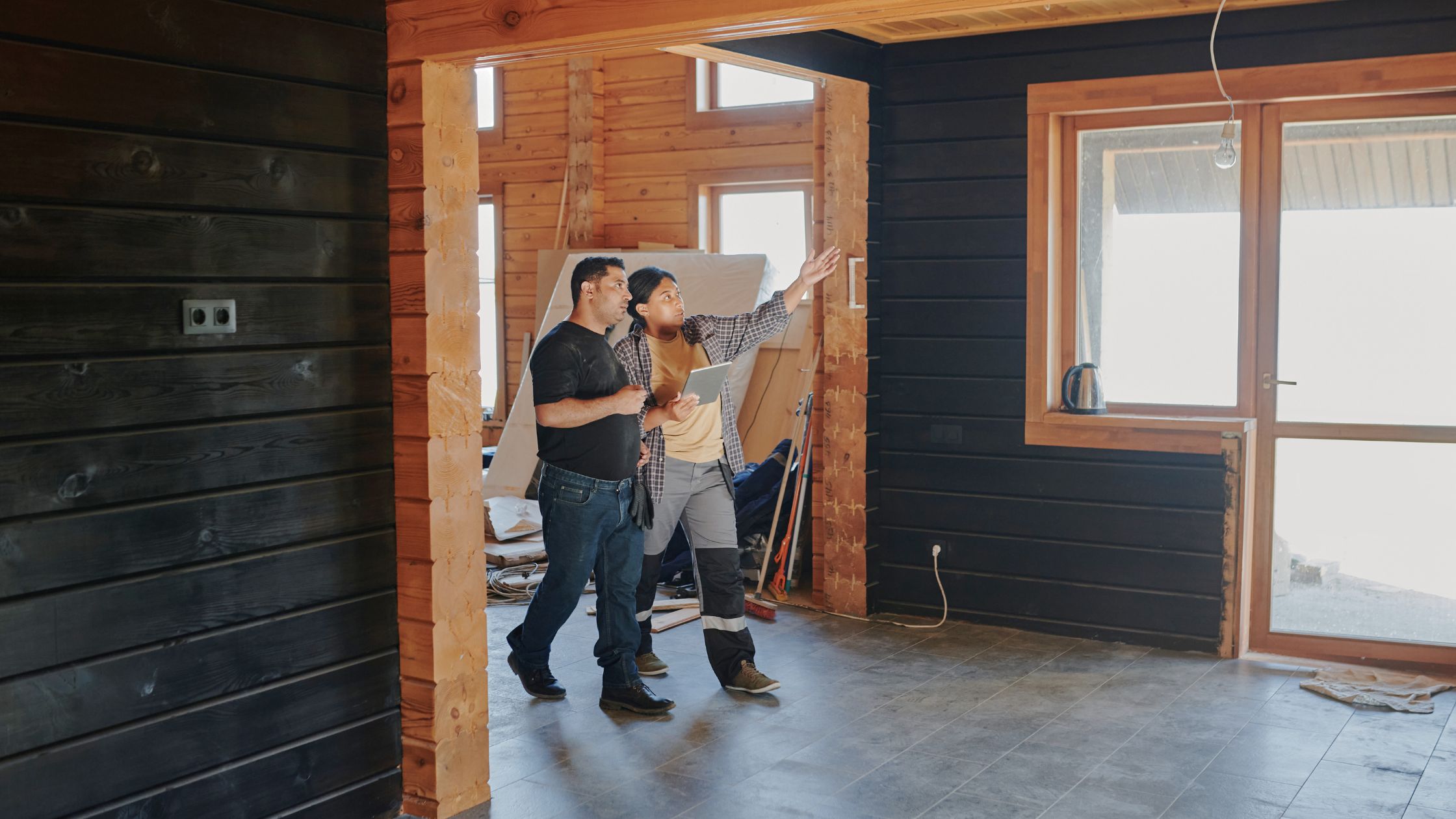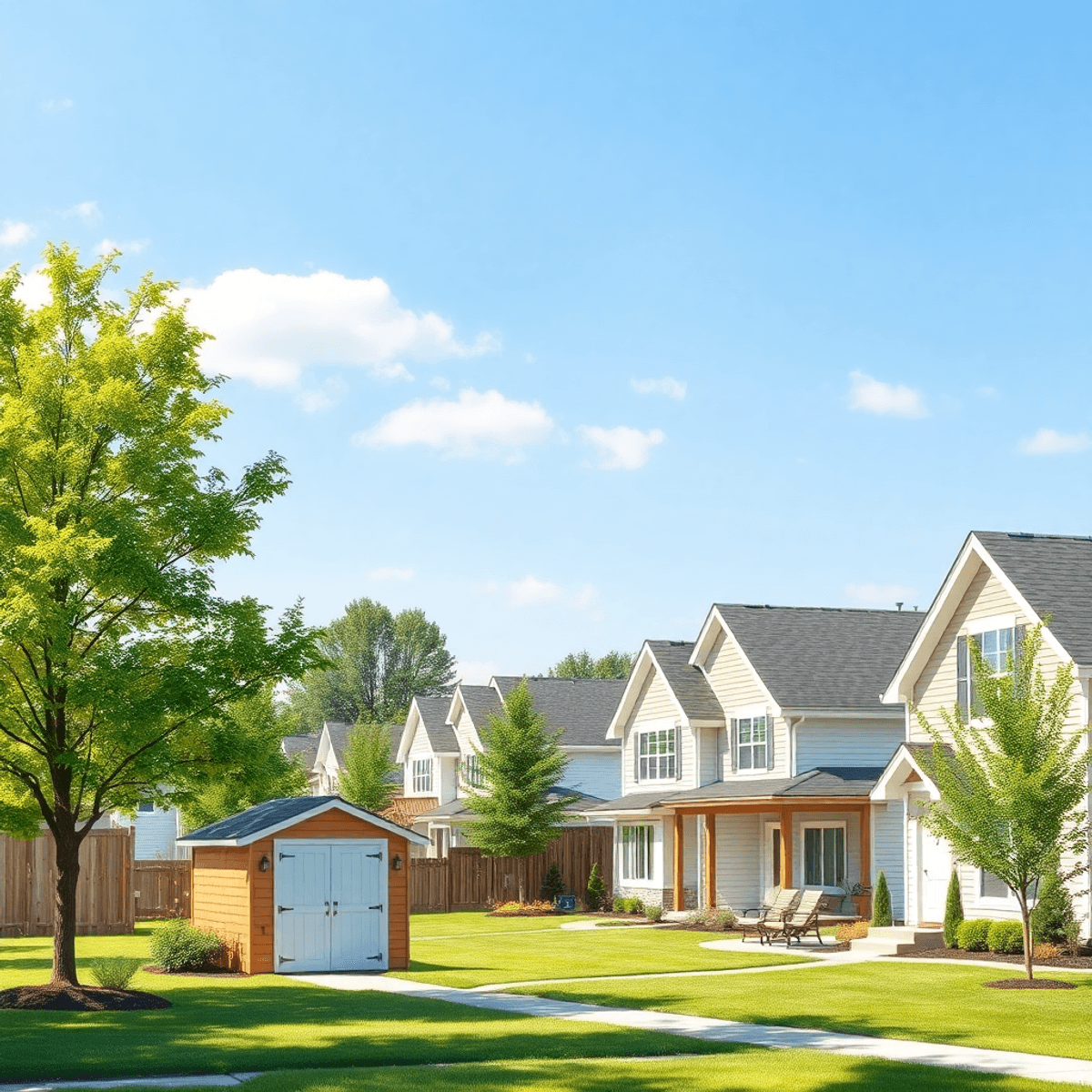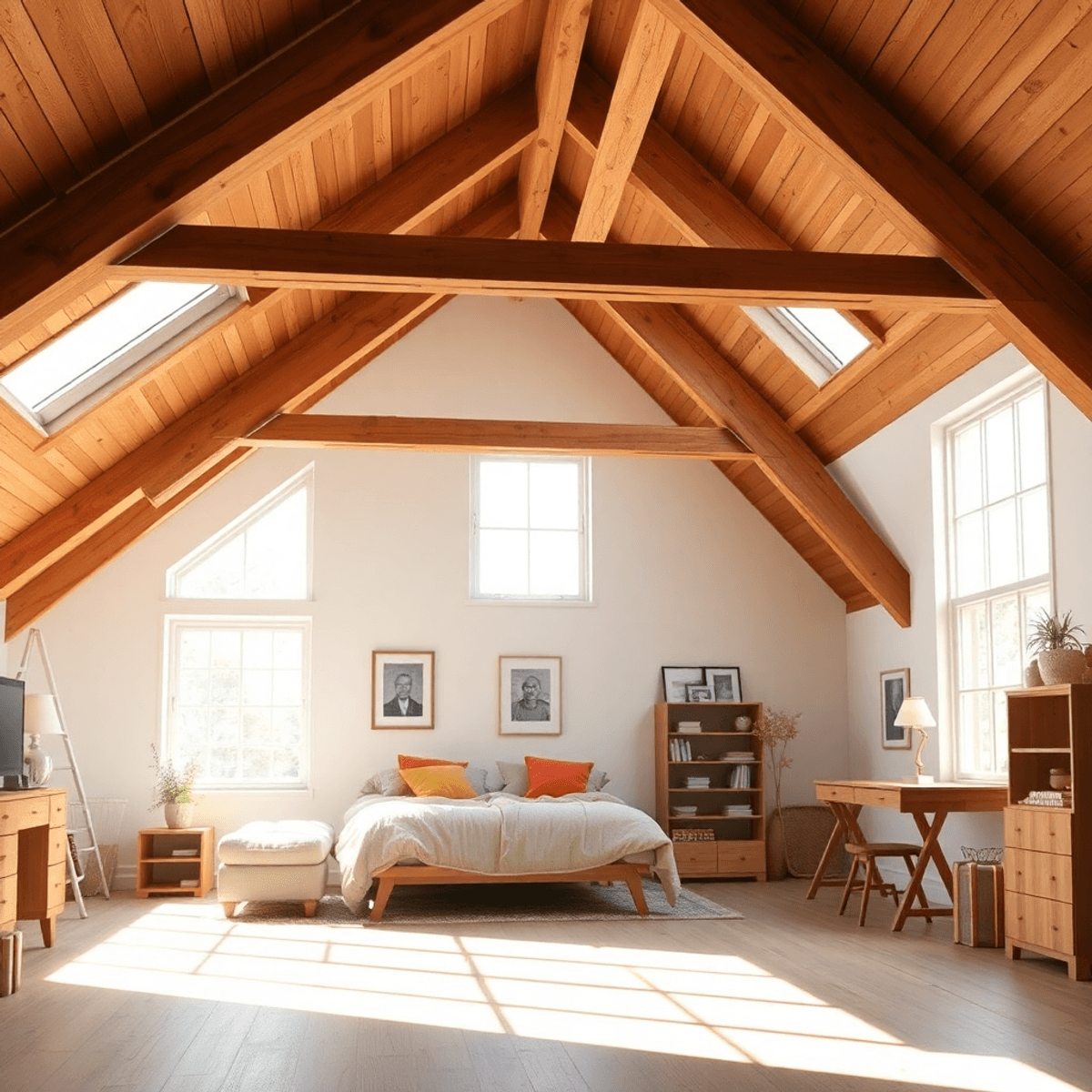Illinois Home Renovation Cost Estimates (2025): Kitchens, Baths & Basements
Rising inflation, ongoing supply chain challenges, and stricter permitting processes have all impacted Illinois home renovation costs in 2025. Whether you’re planning a kitchen update, bathroom remodel, or basement finish, accurate cost estimates are essential for budgeting and avoiding unwelcome surprises.
This article delivers:
- Reliable, up-to-date Illinois Home Renovation Cost Estimates (2025): Kitchens, Baths & Basements
- Data-driven figures sourced from recent contractor surveys and regional pricing guides
- Insights tailored for Chicago and surrounding Illinois communities
You’ll find detailed breakdowns for kitchen, bathroom, and basement remodeling in Illinois—including the key factors that drive costs and how permit fees or inflation can influence your final budget. References for cost data include the Remodeling 2024 Cost vs Value Report (Zonda Media), Houzz U.S. Renovation Trends Study (2023), and interviews with licensed Chicago-area contractors.
Stay informed to make confident remodeling decisions with these Chicago renovation estimates and guidelines for 2025.
While you’re at it, why not consider some fun additions to your newly renovated space? For instance, incorporating elements of the Cinnamon Girl Aesthetic could provide a warm and inviting feel to your home this winter.
If you’re considering a kitchen update, you might want to explore some easy dessert recipes like dump cakes which require minimal effort but yield delicious results.
And speaking of kitchens, if you’re looking for seasonal recipes, this Silky Pumpkin Pie could be a delightful addition to your holiday menu.
Moreover, if your renovation includes some outdoor space or indoor plants, you might find our guide on how to grow an African milk tree quite useful.
Finally, as Halloween approaches, don’t forget to check out Aldi’s adorable Halloween pillows that serve as a budget-friendly alternative to Pottery Barn’s bestsellers. These colorful plush pumpkins can add a festive touch to your home decor this season.
Illinois Kitchen Renovation Cost Estimates (2025)
A kitchen remodel in Illinois—especially in the Chicago area—shows major cost variability based on design choices, project size, and finish level. Recent data from sources like Remodeling Magazine’s Cost vs. Value Report 2024 and local contractor reports highlight three main tiers for kitchen remodel Illinois pricing:
1. Budget Remodels: $22,000–$31,000
Common for smaller (approx. 100 sq ft) kitchens using stock or off-the-shelf cabinets, laminate countertops, basic tile or vinyl flooring, and entry-level appliances. Labor typically focuses on cosmetic updates rather than full demolition or layout changes.
2. Mid-Range Remodels: $30,000–$80,000
Fits most average-size Chicago kitchens. Includes semi-custom cabinetry, quartz or granite countertops, mid-tier appliances (e.g., GE Profile), tile flooring, and updated lighting. This tier often sees partial wall removal or moderate reconfiguration of space.
3. Luxury Remodels: $80,000–$160,000+
Involves custom cabinetry (Inset/frameless), high-end brands like Sub-Zero/Wolf, imported stone surfaces, designer fixtures, smart home integration, and extensive structural changes. Scope may include a complete gut renovation with full re-wiring and new plumbing.
Key cost drivers:
- Size of kitchen: Estimates assume a baseline of 100 sq ft; larger layouts increase costs proportionally.
- Material selections: Premium stone counters or imported tiles can double material budgets.
- Labor rates: Union labor in Chicago often exceeds suburban pricing.
- Extent of renovation: Gut remodels requiring demolition and rerouting utilities drive prices up fast.
Custom cabinetry and premium-brand appliances significantly increase project totals. Choosing bespoke finishes often adds $10k-$40k over standard options.
According to the National Kitchen & Bath Association and Houzz’s 2024 U.S. Kitchen Trends Study, Chicago kitchen renovation cost averages continue to rise due to labor shortages and inflationary pressure on materials.
Additionally, when planning your kitchen remodel, consider incorporating functional elements such as the best ceiling fans to improve air circulation. If you have children or pets, selecting kid and pet-friendly couches for adjacent living spaces could be beneficial. Furthermore, if you’re looking for budget-friendly options during your renovation, exploring popular Aldi products might help save costs. Lastly, don’t forget about practical aspects like garage access; our guide on the best garage door openers can assist you in making an informed choice.
Bathroom Renovation Cost Estimates in Illinois (2025)
Chicago bathroom renovation prices in 2025 reflect a wide range based on the size of the space, quality of materials, and scope of work. For homeowners interested in bathroom remodel cost Illinois, recent data reveals clear tiers across different projects:
Typical Cost Ranges by Project Type
- Budget Full Bathrooms: $17,000–$24,000
- Mid-Grade Full Bathrooms: $27,500–$35,000
- High-End Full Bathrooms: $38,600 and up
Half baths—smaller spaces without a shower or tub—carry lower costs. On average:
- Half Bath Remodels: $6,500–$25,000+
Basic powder rooms with standard fixtures cluster at the lower end. High-end designs with custom vanities and luxury tile push prices higher.
Primary or deluxe bathrooms often feature large walk-in showers, double vanities, and designer finishes. These spaces consistently land at the upper end of the spectrum due to their size and complexity.
Key Cost Components
The following factors significantly influence the overall cost of your bathroom renovation:
- Fixtures: Toilets, sinks, bathtubs/showers (standard vs. luxury brands)
- Cabinetry: Stock options vs. custom millwork
- Tile Flooring & Surrounds: Porcelain tile remains standard; marble or designer mosaics cost more
- Plumbing/Electrical Work: Upgrades or relocations raise costs
- Labor: Labor rates in Illinois cities like Chicago are higher than statewide averages
A full gut renovation—demolition down to studs with rerouting of plumbing and electrical—can add 15–25% to total project costs.
Permit Requirements
Permits for bath remodels are generally mandatory when altering plumbing or electrical systems. The fee structure varies by municipality:
In Chicago, permit fees may range from $250 to over $1,200 depending on project scope and home value (City of Chicago Department of Buildings). Suburban communities such as Naperville or Evanston set their own fee schedules and inspection protocols.
Industry sources for these estimates include Remodeling Magazine’s Cost vs. Value Report (2024) and local contractor surveys (Remodeling.hw.net).
Additional Considerations
While planning your renovation, it’s crucial to consider potential impacts on your home’s plumbing system. For instance, using certain types of cleaning products like dishwasher pods could inadvertently cause damage to your pipes. Thus, it’s advisable to be mindful about the products used during this period.
Moreover, if your bathroom renovation involves any DIY elements such as removing stains from clothes that might occur during the process (for example, lipstick stains), you might want to refer to this guide on [how to get lipstick stains out of clothes](https://www.bhg.com/how-to-get-lipstick-stains-out-of-clothes-8719550).
Lastly, if you’re looking for
Basement Renovation Cost Estimates in the Chicago Area (2025)
Basement remodels in Illinois remain a popular investment, particularly for homeowners in the Chicago area seeking additional living space or upgraded amenities. Basement remodel cost Chicago projects typically fall within a range of $120 to $140 per square foot according to industry sources like Remodeling Magazine and local contractor reports. For a standard 500-square-foot basement, this means:
- Basic finishes: Expect total costs between $50,000 and $60,000. This level includes drywall, vinyl or laminate flooring, LED can lights, and a small storage closet.
- High-end remodels: Premium upgrades, such as custom entertainment centers, luxury flooring (engineered hardwood or tile), built-in shelving, and designer lighting drive prices into the $80,000 to $100,000+ range.
Bathroom Additions
Including a bathroom in your basement significantly increases utility and resale value but also impacts budget. Finishing basement Illinois prices with a full bathroom addition generally start at $25,000. This covers:
- Standard fixtures: porcelain tile floors, fiberglass shower/tub combos, basic vanity.
- Upgraded selections—frameless glass showers or stone countertops—raise costs quickly.
Wet Bars & Kitchenettes
The basement bathroom wet bar cost often begins near $20,000 for simple layouts using stock cabinetry and laminate counters. Opting for custom cabinets paired with quartz or granite surfaces pushes expenses higher.
Key Cost Drivers
Several factors shape the final price tag for any basement remodel:
- Plumbing additions: New sewer lines or ejector pumps are often necessary.
- Mechanical upgrades: HVAC zoning and sump pump installations prevent moisture issues.
- Waterproofing: Essential in older Illinois homes; expect additional expenses if foundation sealing or drain tiles are needed. For instance, basement waterproofing cost can vary significantly based on the methods used and the severity of the issue.
- Structural modifications: Lowering ceilings, relocating beams or stairs can add thousands.
- Permits & labor rates: Local codes require permits for most basement conversions; labor rates vary by county.
- Material choices: From basic drywall to premium finishes, selections directly impact Illinois Home Renovation Cost Estimates (2025): Kitchens, Baths & Basements.
For up-to-date pricing benchmarks and guidelines on quality expectations, see Remodeling Magazine’s Cost vs Value 2024 Report and local resources such as the Home Builders Association of Greater Chicago (Remodeling.hw.net).
Each basement project is unique; size, desired features, and home condition all play a role in determining your final investment.
Incorporating specific design elements can further enhance your basement’s appeal. For instance:
- Choosing from 17 Halloween colors that look rich and moody on painted walls could create an inviting atmosphere during the festive season.
- Adding a wet bar could provide a fun space for entertaining guests with trendy spooky cocktails.
- If you’re considering themed decor for Halloween based on horror films, there are some [great ideas](https
General Factors Affecting Home Renovation Costs in Illinois (2025)
Several core elements drive remodeling cost factors in Illinois, directly shaping project budgets for kitchens, baths, and basements. These variables remain relevant across all home improvement types and should be considered when planning any 2025 renovation.
1. Material Quality Tiers and Their Impact
Material choices can significantly influence your renovation costs. Here are the three main categories of materials and their effects on your budget:
- Budget/off-the-shelf materials typically minimize costs but limit design flexibility. Entry-level kitchen cabinets, stock plumbing fixtures, and basic tile can keep initial spending down but lack durability or customization.
- Mid-grade options—such as semi-custom cabinetry, engineered stone countertops, and name-brand fixtures—raise both quality and total price. Expect to pay a premium for longer-lasting finishes and broader style selections.
- Luxury/custom materials drive the top end of remodeling cost estimates. Imported tiles, custom millwork, high-end appliances (e.g., Sub-Zero, Wolf), and specialty hardware add significant expense but elevate aesthetics and resale value.
2. Inflation and Tariffs Influence on Costs
Data from the National Association of Home Builders (NAHB) and Chicago Tribune reports indicate that construction inflation Chicago-wide has accelerated due to supply chain disruptions post-pandemic. Tariffs on imported goods such as European tile or Chinese plumbing parts further elevate prices by 8–15% year-over-year in some cases.
3. Contingency Budgeting for Unforeseen Issues
Older homes present unique challenges: hidden water damage, outdated wiring/plumbing behind walls, or unanticipated structural repairs. Most Illinois contractors recommend reserving 10–20% of your total budget for contingencies—a safeguard against surprise expenses mid-project.
4. Permits: Requirements and Cost Variability
Remodeling permit fees Illinois-wide vary by municipality. Permits are generally mandatory for:
- Plumbing or electrical modifications
- Structural changes (removing walls, altering beams)
- Major system upgrades (HVAC/sump pumps)
Chicago’s Department of Buildings provides an online estimator; fees for a typical kitchen remodel with plumbing/electrical changes may range from $500 to $2,000+, while smaller suburban towns sometimes charge less but maintain strict code requirements according to this detailed report.
Staying informed about these factors helps set realistic expectations for Illinois home renovation cost estimates in 2025.
References:[1] NAHB Construction Cost Survey 2024[2] Chicago Tribune: “Why Remodeling Costs Are Up Again” (March 2024)[3] City of Chicago Department of Buildings Permit Fee Schedule
In addition to these financial considerations, it’s also essential to think about the aesthetic aspect of your renovations. For instance, if you’re considering a kitchen remodel where you’ll be choosing tiles, understanding the differences between sanded vs. unsanded grout can significantly impact your project’s outcome.
Moreover, if you’re drawn towards a specific aesthetic style like the Vampire Aesthetic or the whimsical charm of the [Strega Nona aesthetic](https
Conclusion
When navigating Illinois Home Renovation Cost Estimates (2025): Kitchens, Baths & Basements, early engagement with licensed contractors stands out as a critical step. Requesting detailed, written quotes—including permit fees and contingencies—is the best way to avoid budget pitfalls. Contractors familiar with local codes streamline the planning process and help you anticipate permit timelines for projects in the Chicago area and beyond.
Balancing quality with budget constraints pays off over the long term:
- Budget-friendly materials and fixtures can keep costs down but may limit customization.
- Mid-range options often deliver enhanced durability and aesthetics without breaking the bank.
- Luxury finishes provide standout appeal, yet require a higher investment—best reserved for showpiece spaces or when return on investment is a top priority.
Staying current on local regulations prevents expensive surprises. Frequent changes to municipal codes, inspection requirements, and fee structures mean that diligent research is essential for anyone planning remodeling projects in the Chicago area or throughout Illinois.
The most valuable home renovation budgeting tips Illinois homeowners can follow: consult professionals early, verify all regulatory requirements, and set aside an adequate contingency fund. Smart planning transforms your vision into a stress-free remodel.
For those considering a more compact living solution, Home Depot offers a $19,000 Tiny House that provides a sleek private space. This 240-square-foot tiny home kit includes a main room, full bathroom, and partly covered patio.
Moreover, if you’re looking to enhance your home’s curb appeal during renovations, exploring architectural styles such as the French Country style could be beneficial. These country houses embody European elegance and can significantly increase your home’s aesthetic value.
FAQs (Frequently Asked Questions)
What are the typical cost ranges for kitchen renovations in Illinois in 2025?
In Illinois, particularly the Chicago area, kitchen remodel costs in 2025 vary by budget level: budget remodels range from $22,000 to $31,000; mid-range projects typically cost between $30,000 and $80,000; luxury kitchen renovations can range from $80,000 up to $160,000. Costs depend on factors like kitchen size (100 sq ft baseline), materials, labor, appliances, and extent of renovation.
How much does a bathroom renovation cost in Illinois in 2025?
Bathroom remodeling costs in Illinois vary by type and quality. Budget full bathrooms typically range from $17,000 to $24,000; mid-grade baths cost about $27,500 to $35,000; high-end bathrooms start at approximately $38,600 and above. Half bathrooms are less expensive, generally costing between $6,500 and over $25,000 depending on finishes and scope.
What should I expect when budgeting for a basement renovation in the Chicago area?
Basement remodels in Chicago average between $120 and $140 per square foot. Basic finish projects usually cost between $50,000 and $60,000 while high-end remodels can exceed $80,000 to over $100,000. Additional features such as basement bathrooms start around $25,000 and wet bars or kitchenettes begin near $20,000. Key cost drivers include plumbing upgrades, mechanical systems (HVAC/sump pumps), waterproofing needs, structural modifications, permits, labor rates, and material choices.
How do inflation and permits affect home renovation costs in Illinois in 2025?
Inflation and tariffs on imported materials have increased construction expenses statewide in Illinois. Permit fees vary significantly across municipalities and are generally required for plumbing/electrical changes or structural work. These factors can add 10–20% or more to your renovation budget due to unforeseen complications or regulatory requirements.
What factors influence the overall cost of home renovations like kitchens, baths, and basements in Illinois?
Several factors impact renovation costs including material quality tiers (budget/off-the-shelf vs mid-grade vs luxury/custom), extent of remodeling (gut vs partial), labor rates specific to the Chicago area, permit fees varying by locality within Illinois, and potential structural or mechanical upgrades needed. Budgeting contingencies of 10–20% are recommended to cover unexpected issues especially with older homes.
What tips can help homeowners plan their remodeling projects effectively in Illinois?
Homeowners should consult licensed contractors early to obtain detailed quotes that include permit fees. Carefully consider quality levels to balance aesthetics with budget constraints. Stay informed about local regulations and potential unexpected expenses to avoid surprises during remodeling. Planning ahead with contingencies will help manage inflation impacts and ensure smoother project completion.
news via inbox
Nulla turp dis cursus. Integer liberos euismod pretium faucibua
